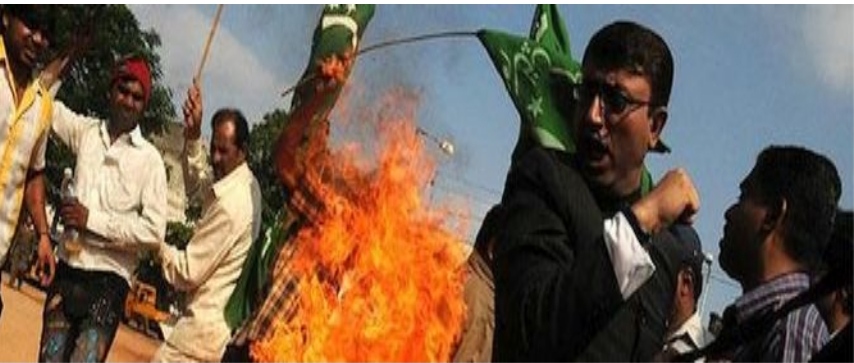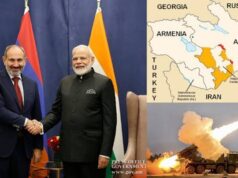Pakistan On The Brink Of Civil War

There are actualities that could possibly lead Pakistan into a civil war. Previously, Pakistan has experienced the consequences of a civil war that resulted in the foundation of Bangladesh.
Irfan Raja in an opinion piece in Asia Times has said that as long as the growth of inequality and injustice is unchecked, the chance of a complete breakdown becomes more likely in Pakistan.
Though bad governance, corruption and poverty are certainly factors that can stir hatred and violence in any society, inequality and injustice are the main components that drive a society into civil war. But there are many other factors that can lead Pakistan into a second civil war.
First is the functioning of a feudal society that restricts equality and limits ordinary people’s progress in education and intellectual growth.
Second is the uninterrupted furtherance of a colonial legacy in Pakistan that empowers the bureaucracy and establishment to the extent that civil servants have become feudal lords in uniforms.
Seventy-three years since independence, Pakistan is still failing its purpose of existence. It’s not an Islamic welfare state nor a democracy or liberal state.
Instead, it has become an “intolerant society.” The moment people question the policymakers, they are labelled foreign agents, traitors, or disloyal.
The ability to challenge or think comes with education, and at this moment education is not a priority in Pakistan.
Writer and journalist Tariq Ali has explained how colonial masters appointed elites who shaped an education system that serves their interests and produce deaf and blind people, not thinkers.
Ali believed that the Pakistani state has “failed to forge a national identity” while its leaders are unable and unwilling to “address the country’s poverty and inequality”, while the military has a role in “the country’s spiral toward violence and disunity.”




